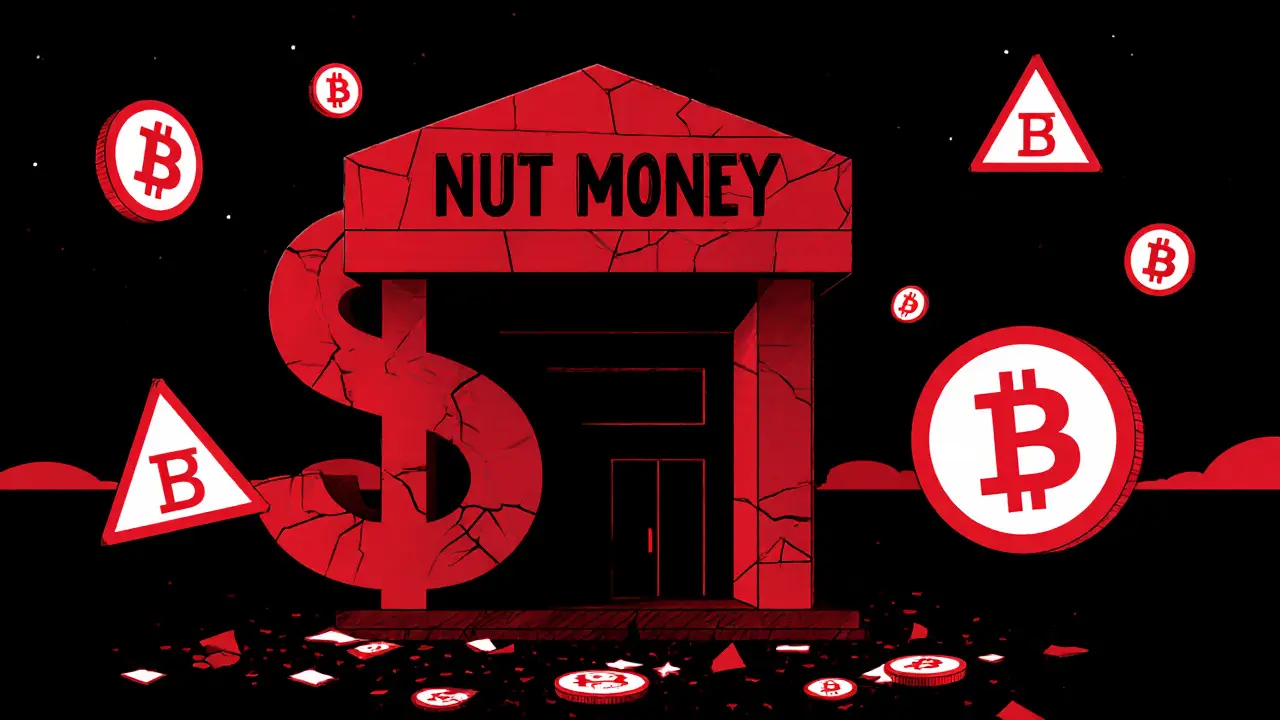Crypto Scam Alert: How to Spot and Avoid Fake Airdrops, Exchanges, and Ghost Tokens
When you hear about a crypto scam alert, a warning about fraudulent crypto projects designed to steal your money. Also known as crypto fraud, it’s not just hype—it’s happening right now to real people who trusted the wrong link. Every week, someone loses thousands because they clicked on a "free token" offer that looked real. The scammers copy logos, steal website designs, and even fake team members. They don’t need to be clever—just convincing enough to make you act before you think.
One of the most common traps is the fake airdrop, a scam where users are tricked into connecting their wallet to steal funds. Projects like CDONK X CoinMarketCap and AXL INU’s New Year’s Eve giveaway never existed. CoinMarketCap doesn’t run free token drops. If a site says it does, it’s lying. These scams ask for your seed phrase, your private key, or a small "gas fee" to claim your reward. Once you send it, your wallet is drained. The same goes for ghost tokens, crypto assets with no supply, no team, and no code. Global Token (GBL) is listed on exchanges but has zero holders. It’s a listing error—or worse, a trap for unsuspecting buyers.
Then there are the crypto exchange scams, platforms that look legit but have no regulation, no audits, and no real users. Digiassetindo, DIFX, and Tsunami.cash promise high returns but hide behind vague websites and anonymous teams. They don’t hold your crypto—they take it. Even exchanges with fancy features like Superp or BlueBit can be risky if they’re not transparent about their ownership. Always check if they’re licensed, if their team is named, and if real people are trading on them. You’ll find posts here that break down exactly how these scams work: how KubeCoin vanished after 2022, how SentAI has no blockchain at all, and why NFTLaunch’s 2025 airdrop is a warning sign—not a chance to get rich.
This isn’t about being paranoid. It’s about being informed. The crypto space is full of real innovation—DeFi, liquid staking, quantum security—but it’s also full of predators who know how to exploit hope. Every post in this collection is a real case study: a banned exchange in Afghanistan, a seized wallet in China, a token with no supply, a fake AI coin with no code. They’re not just stories. They’re lessons. If you’ve ever wondered why your friend lost money on a "free" token, or why a "new exchange" vanished overnight, the answers are here. No fluff. No guesswork. Just what you need to spot the next scam before you click.
NUT MONEY Crypto Exchange: A Red Flag Warning for Crypto Users
NUT MONEY is not a legitimate crypto exchange. It's a scam with no regulatory license, fake volume, and no withdrawal capability. Users are losing funds, and regulators have issued warnings. Avoid it at all costs.
learn more